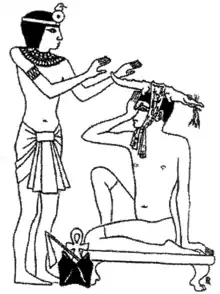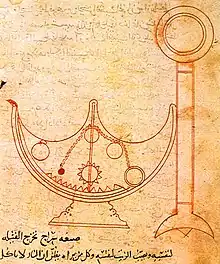The History of Science Portal
The history of science covers the development of science from ancient times to the present. It encompasses all three major branches of science: natural, social, and formal.
Science's earliest roots can be traced to Ancient Egypt and Mesopotamia around 3000 to 1200 BCE. These civilizations' contributions to mathematics, astronomy, and medicine influenced later Greek natural philosophy of classical antiquity, wherein formal attempts were made to provide explanations of events in the physical world based on natural causes. After the fall of the Western Roman Empire, knowledge of Greek conceptions of the world deteriorated in Latin-speaking Western Europe during the early centuries (400 to 1000 CE) of the Middle Ages, but continued to thrive in the Greek-speaking Eastern Roman (or Byzantine) Empire. Aided by translations of Greek texts, the Hellenistic worldview was preserved and absorbed into the Arabic-speaking Muslim world during the Islamic Golden Age. The recovery and assimilation of Greek works and Islamic inquiries into Western Europe from the 10th to 13th century revived the learning of natural philosophy in the West.
Natural philosophy was transformed during the Scientific Revolution in 16th- to 17th-century Europe, as new ideas and discoveries departed from previous Greek conceptions and traditions. The New Science that emerged was more mechanistic in its worldview, more integrated with mathematics, and more reliable and open as its knowledge was based on a newly defined scientific method. More "revolutions" in subsequent centuries soon followed. The chemical revolution of the 18th century, for instance, introduced new quantitative methods and measurements for chemistry. In the 19th century, new perspectives regarding the conservation of energy, age of Earth, and evolution came into focus. And in the 20th century, new discoveries in genetics and physics laid the foundations for new sub disciplines such as molecular biology and particle physics. Moreover, industrial and military concerns as well as the increasing complexity of new research endeavors ushered in the era of "big science," particularly after World War II. (Full article...)
Selected article -

Aristotle's biology is the theory of biology, grounded in systematic observation and collection of data, mainly zoological, embodied in Aristotle's books on the science. Many of his observations were made during his stay on the island of Lesbos, including especially his descriptions of the marine biology of the Pyrrha lagoon, now the Gulf of Kalloni. His theory is based on his concept of form, which derives from but is markedly unlike Plato's theory of Forms.
The theory describes five major biological processes, namely metabolism, temperature regulation, information processing, embryogenesis, and inheritance. Each was defined in some detail, in some cases sufficient to enable modern biologists to create mathematical models of the mechanisms described. Aristotle's method, too, resembled the style of science used by modern biologists when exploring a new area, with systematic data collection, discovery of patterns, and inference of possible causal explanations from these. He did not perform experiments in the modern sense, but made observations of living animals and carried out dissections. He names some 500 species of bird, mammal, and fish; and he distinguishes dozens of insects and other invertebrates. He describes the internal anatomy of over a hundred animals, and dissected around 35 of these. (Full article...)Selected image

A lithograph from the 1904 edition of Ernst Haeckel's Kunstformen der Natur (Art Forms of Nature), depicting a variety of sea anemones.
Did you know
...that the history of biochemistry spans approximately 400 years, but the word "biochemistry" in the modern sense was first proposed only in 1903, by German chemist Carl Neuberg?
...that the Great Comet of 1577 was viewed by people all over Europe, including famous Danish astronomer Tycho Brahe and the six year old Johannes Kepler?
...that the Society for Social Studies of Science (often abbreviated as 4S) is, as its website claims, "the oldest and largest scholarly association devoted to understanding science and technology"?
Selected Biography -
Arthur Holly Compton (September 10, 1892 – March 15, 1962) was an American scientist who won the Nobel Prize in Physics in 1927 for his 1923 discovery of the Compton effect, which demonstrated the particle nature of electromagnetic radiation. It was a sensational discovery at the time: the wave nature of light had been well-demonstrated, but the idea that light had both wave and particle properties was not easily accepted. He is also known for his leadership over the Metallurgical Laboratory at the University of Chicago during the Manhattan Project, and served as chancellor of Washington University in St. Louis from 1945 to 1953.
In 1919, Compton was awarded one of the first two National Research Council Fellowships that allowed students to study abroad. He chose to go to the University of Cambridge's Cavendish Laboratory in England, where he studied the scattering and absorption of gamma rays. Further research along these lines led to the discovery of the Compton effect. He used X-rays to investigate ferromagnetism, concluding that it was a result of the alignment of electron spins, and studied cosmic rays, discovering that they were made up principally of positively charged particles. (Full article...)Selected anniversaries
January 10:
- 1573 - Birth of Simon Marius, German astronomer (d. 1624)
- 1638 - Birth of Nicolas Steno, Danish geologist (d. 1686)
- 1654 - Death of Nicholas Culpeper, English botanist, herbalist, physician, and astrologer (b. 1616)
- 1729 - Birth of Lazzaro Spallanzani, Italian biologist (d. 1799)
- 1778 - Death of Carolus Linnaeus, Swedish botanist (b. 1707)
- 1833 - Death of Adrien-Marie Legendre, French mathematician (b. 1752)
- 1890 - Birth of Grigory Landsberg, Russian physicist (d. 1957)
- 1898 - Birth of Katharine Blodgett, American Scientist and inventor (d. 1979)
- 1916 - Birth of Sune Bergström, Swedish biochemist, Nobel laureate (d. 2004)
- 1936 - Birth of Robert Woodrow Wilson, American physicist and radio astronomer, Nobel laureate
- 1938 - Birth of Donald Knuth, American mathematician and computer scientist
- 1949 - Death of Erich von Drygalski, German geographer, geophysicist, and polar scientist (b. 1865)
- 1951 - Death of Yoshio Nishina, Japanese physicist (b. 1890)
- 1962 - Apollo Project: NASA announces plans to build the C-5 rocket booster. It became better known as the Saturn V moon rocket, which launched every Apollo moon mission
- 1997 - Death of Alexander R. Todd, Scottish chemist, Nobel laureate (b. 1907)
Related portals
Topics
General images
Subcategories
Things you can do
Help out by participating in the History of Science Wikiproject (which also coordinates the histories of medicine, technology and philosophy of science) or join the discussion.
Associated Wikimedia
The following Wikimedia Foundation sister projects provide more on this subject:
-
 Commons
Commons
Free media repository -
 Wikibooks
Wikibooks
Free textbooks and manuals -
 Wikidata
Wikidata
Free knowledge base -
 Wikinews
Wikinews
Free-content news -
 Wikiquote
Wikiquote
Collection of quotations -
 Wikisource
Wikisource
Free-content library -
 Wikiversity
Wikiversity
Free learning tools -
 Wiktionary
Wiktionary
Dictionary and thesaurus
-
 List of all portals
List of all portals -

-

-

-

-

-

-

-

-

-
 Random portal
Random portal -
 WikiProject Portals
WikiProject Portals





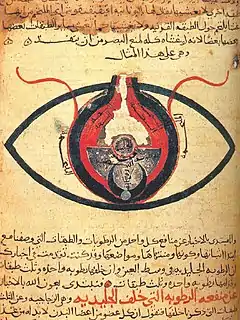

_Venenbild.jpg.webp)

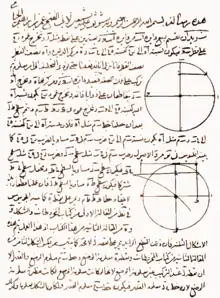

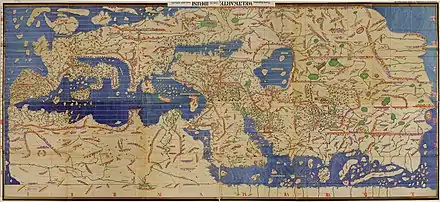


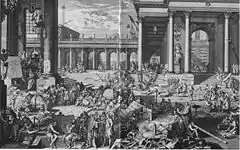



.jpg.webp)

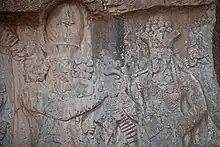


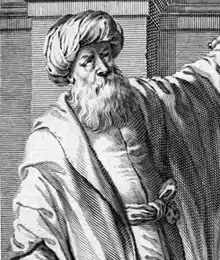




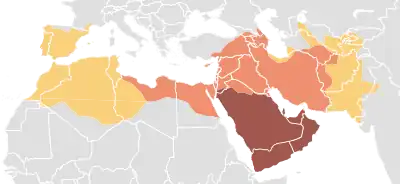



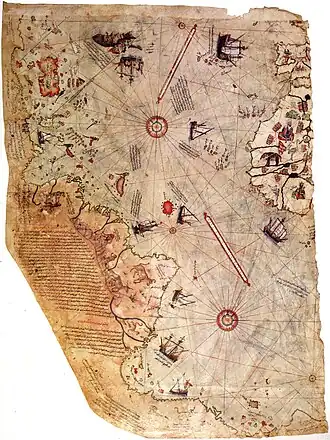
.jpg.webp)

